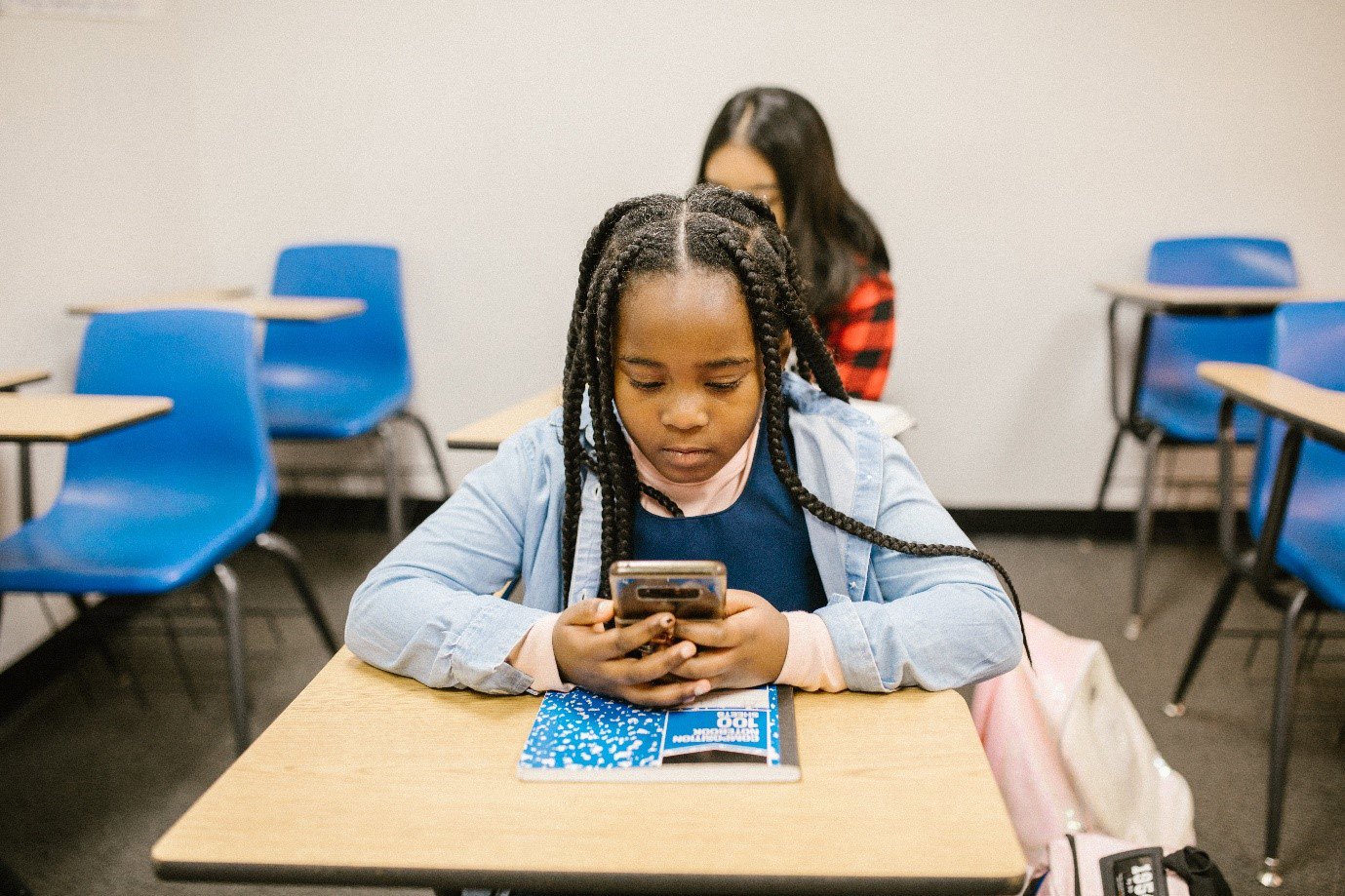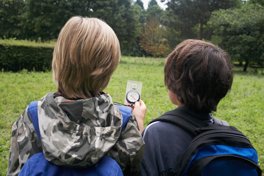Safeguarding Measures
A safeguarding policy is often put into place where an organisation or group is based around children. Organisations such as schools, nurseries, and sports clubs will all have safeguarding measures in place to make sure that the children in their care are kept safe. These include proper vetting of staff and volunteers, noting what/ who could pose a risk to the children, how an organisation responds to allegations of neglect or abuse, etc.
In 2006, the government set out the ways organisations and individuals can safeguard vulnerable people. Up until this point, abuse and neglect would have been much more difficult to investigate. By not following correct measures as a football coach, Morel allowed the FA, and others around him, to recognize that children were potentially at significant risk.
Safeguarding policies are more thorough than they have ever been. Police detectives and officers have access to advanced technology, as well as a much better understanding of grooming and sexual abuse. This allows them to catch predators early on, preventing potential victims from being abused.
Predators will never be caught soon enough, but it can be said that they are being apprehended at a much faster rate than ever before. Morel’s crimes spanned over eight months, which is still far too long, but a much shorter period than past predators.
Despite this, we know that there is more that can and should be done to improve safeguarding in sport. Former Tottenham and England football player, Paul Stewart, has recently set up a free safeguarding course for coaches and parents with the aim of making sure lessons are learnt from the past. Stewart was abused for four years by his football coach up until the age of fifteen and has spoken on how important it is that young players are protected.
Risks of the Online Gaming Community
Thanks to concerns being raised, Morel is now unable to harm any other children. However, one of the more distressing facts of this case is that he was grooming children via online gaming. Now, it is easier to monitor what your children are doing online, but gaming is a relatively recent platform abusers are using to gain access to children.
Online gaming is based on its open nature; players can speak to others whilst gaming together, whether they know one another or not. To a lot of online gamers, this concept is normal and does not raise any alarm bells. However, if your children are regularly playing online games, consider the following:
- Take note of the games that they play.
- Research the games that they are playing – are they suitable? What is the age recommendation?
- Access the console’s privacy settings so that potential predators cannot access your child’s profile or contact them.
The most important step in online gaming safety is to sit down with your children and discuss with them what can go wrong. Explain that they should never accept requests from people they don’t know, and never to give out any of their personal information to anyone.
If you have any concerns with regards to your child and online gaming safety, or you have been affected by anything mentioned, please get in touch with our specialist abuse solicitors.

Help Your Child Stay Safe Online
There will come a time when your children will start being active online, whether it’s for school work, to watch entertainment shows, or social media. It’s important to start having regular conversations with your children about how they can stay safe online.
You should also make it clear that they can come to you if they feel worried about something that is happening or that they have witnessed online. Starting a conversation with your child will make sure that they know they can come to you.
While covering topics such as keeping passwords and log-in details safe is important, you should also focus on being safe from strangers.
Here’s a list of some things you should consider doing at home:
- Turn on parental controls.
- Face your child’s computer where you can see the screen.
- Keep all passwords safe.
- Filter age-appropriate content.
- Only allow your child to visit age-appropriate websites and games.
Here are some helpful resources that can offer support when you start talking to your child about online safety:
Keeping Your Child Safe on Online Games
If your child plays online games or uses games consoles, the best way to keep them safe is by talking to them. Start a conversation with your child about the types of games that they enjoy playing. If possible, play the game together so that you can get an idea of what the game involves and what situations your child could potentially be in.
Speak with your child about other things that they can use their consoles for, for example talking to people when playing games. Ask them what other things they access and if they communicate with other people.
Once you have opened the conversation with them, you can then work on establishing boundaries and encouraging your child to make safe decisions. For example, teach your child that they shouldn’t ever share their personal information such as where they live, go to school, or their phone number.
It may also be a great idea to consider how much time your child is spending on online games. If you feel that they are using it too much, you may consider limiting their access a little to allow them time away.
Reporting Online Abuse
Are you concerned about your child and would like to report something that has happened to them online? In this section, we’ll highlight some of the steps you can take to reporting the incident.
If your child has been a victim of abuse online or has experienced something that’s made them feel unsafe, you can report it to the Child Exploitation and Online Protection Centre. If you are worried about sexual abuse images, you can also report this to the Internet Watch Foundation.
Online abuse organisations will take your report seriously and they will believe you about what has happened. The services will take all the necessary steps to keep you and your child safe.
Here’s an example of the types of online issues that have been reported to the Child Exploitation and Online Protection Centre:
- Being asked to send explicit images online.
- Sharing an explicit image that leads to online threats.
- Feeling pressured to meet a stranger in-person.
- Being forced to do sexual acts via webcam.
- A stranger keeps talking about sex which is making you feel uncomfortable.
- Someone on an online game keeps sending unwanted messages.
Types of Online Abuse
Online abuse can happen through online games, phones, tablets, and almost any device that is connected to the internet, but it can be in many forms.
- Cyberbulling – When you are being bullied online.
- Cyberstalking – When someone is persistently contacting you online.
- Grooming – Someone builds an inappropriate relationship with a child to sexually exploit or abuse them.
- Emotional abuse – Being mistreated and manipulated online.
- Sexting – Being sent explicit photographs or videos of a sexual nature. If a child receives or is being pressured into creating one of these, this counts as sexual abuse.
- Domestic abuse – When someone tries to control, harass, or threaten their partner online.
- Sexual exploitation – Being coerced into sharing sexual images or videos online.
- Image abuse – A sexual image or video being shared without prior consent, such as revenge porn.
How We Can Help Victims of Abuse
If you have been a victim of abuse online or know someone who is, you can speak with one of our Specialist Child Abuse Solicitors. Please do not hesitate to contact us to discuss your case.
Our expert team can offer support and advice on your options for pursuing a claim. We will be there every step of the way, so if there’s anything that you’re unsure about, we’re just a call away.










